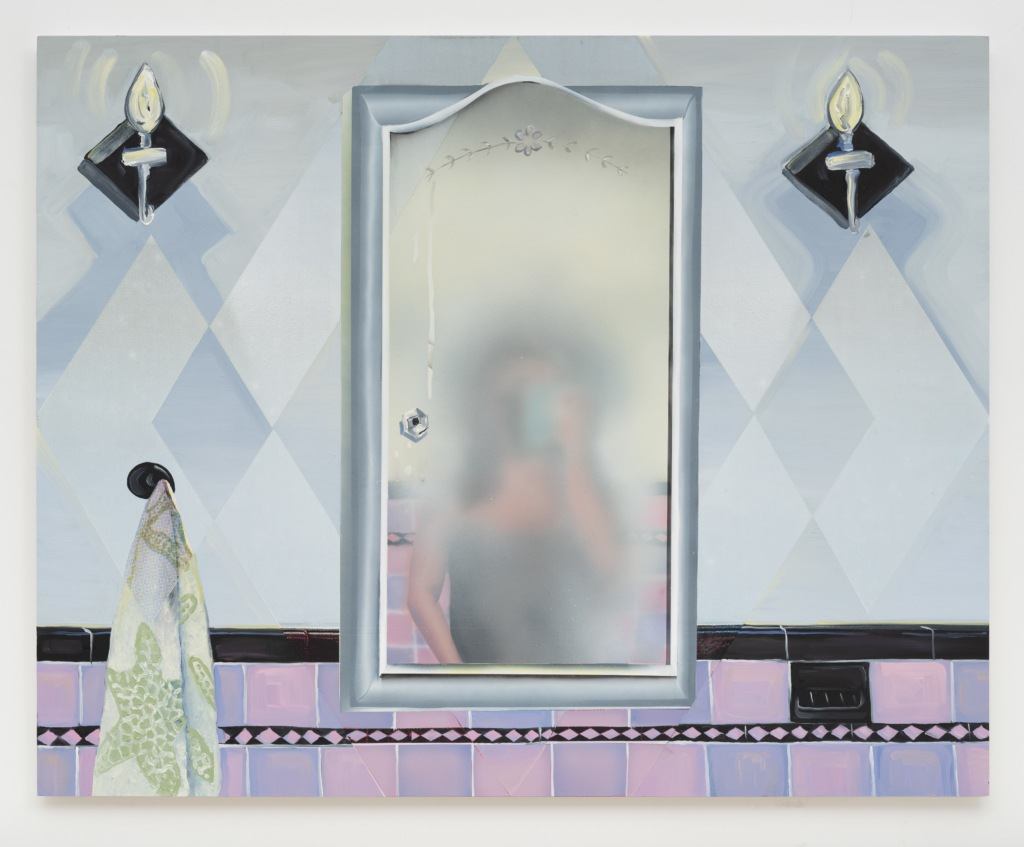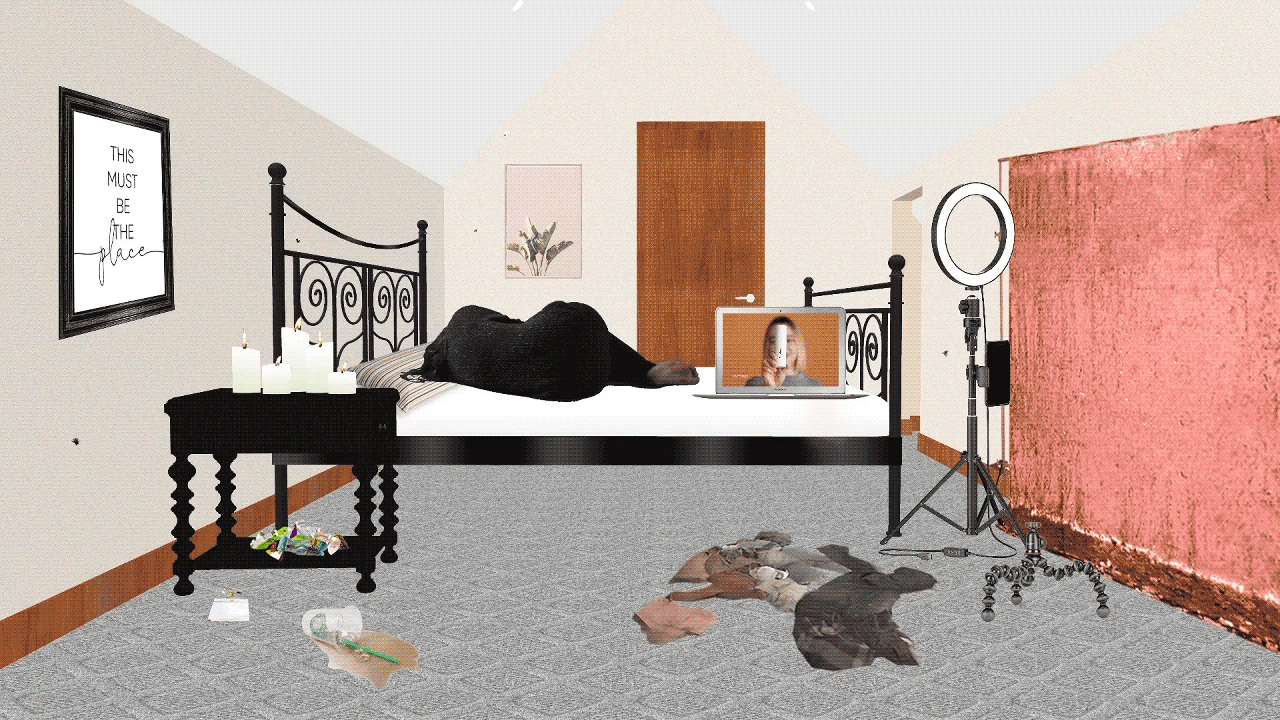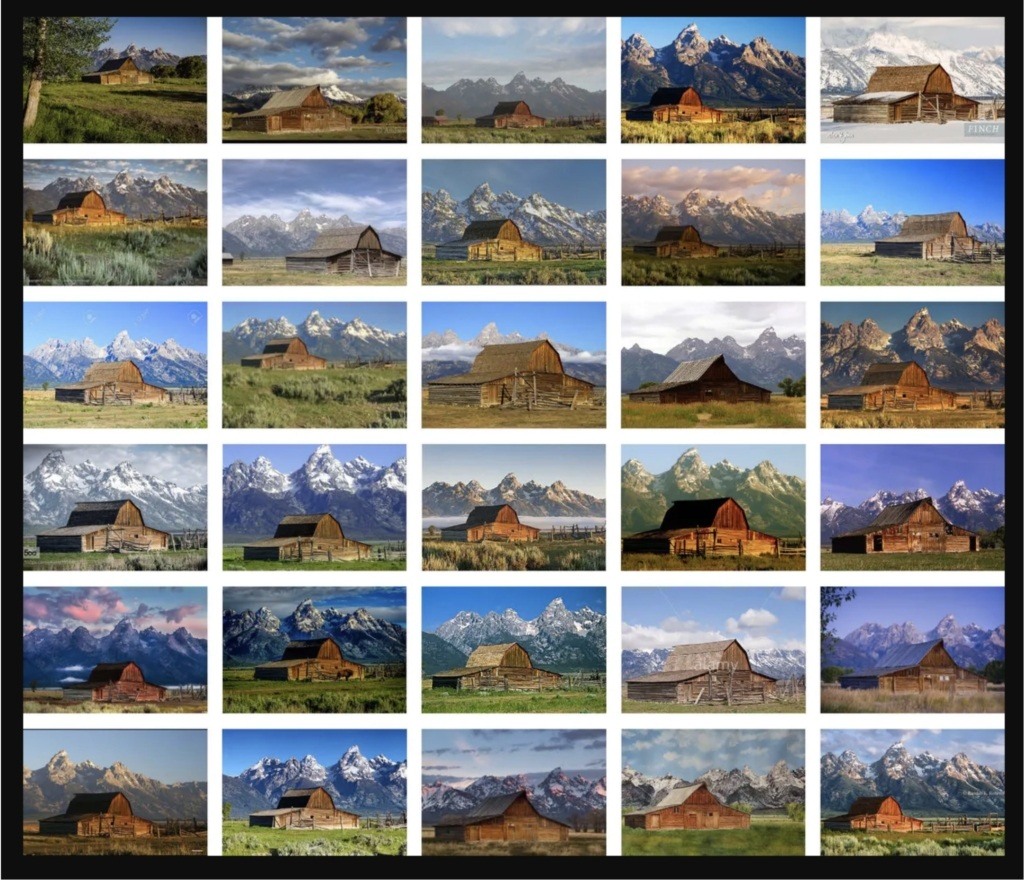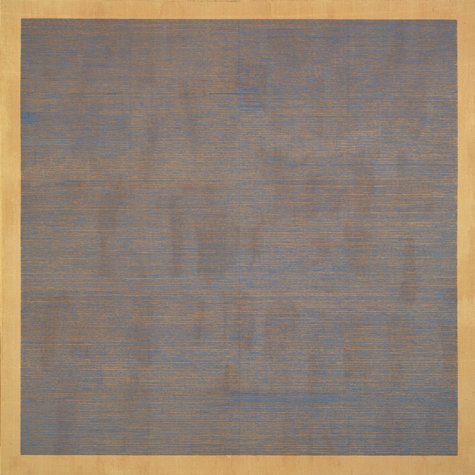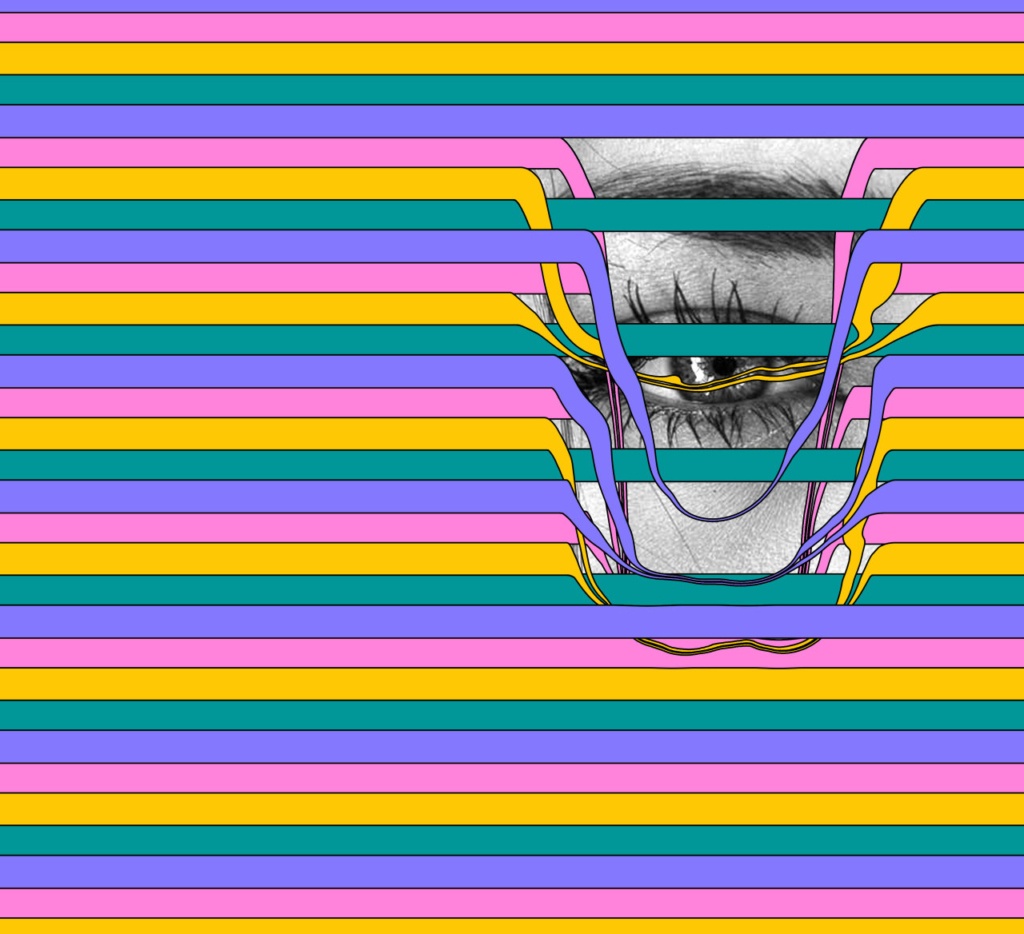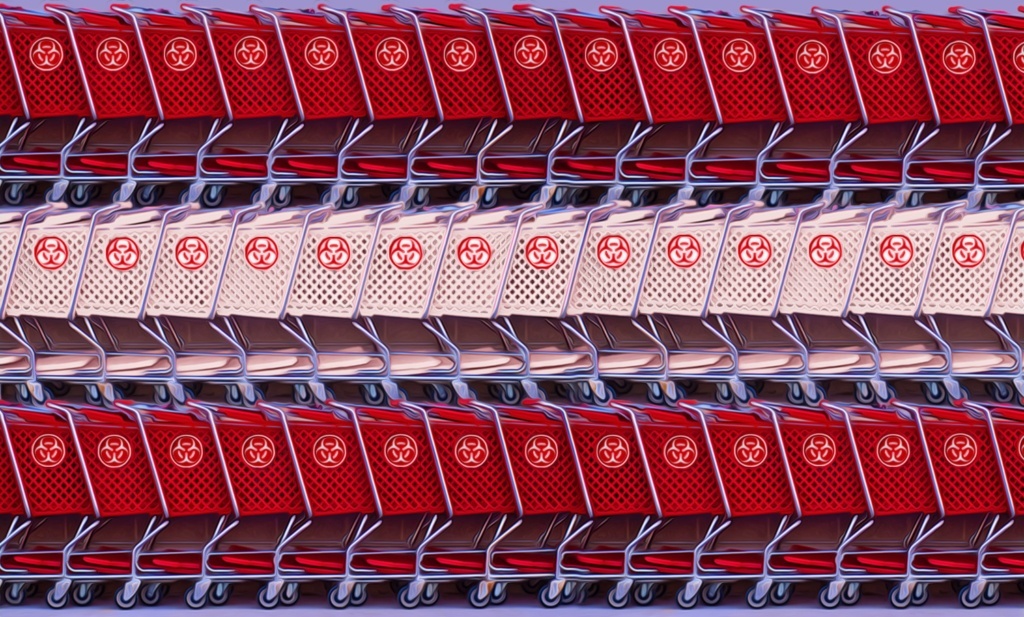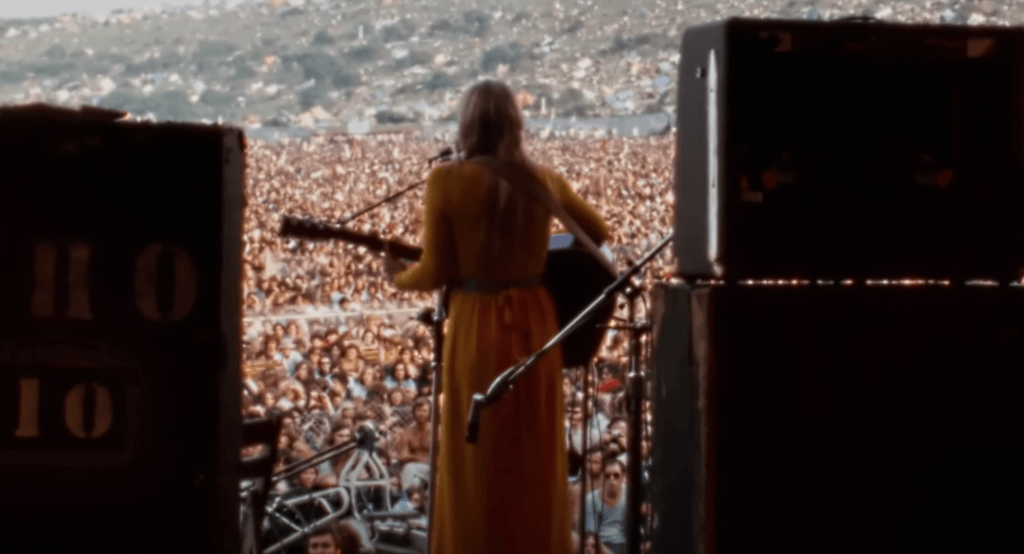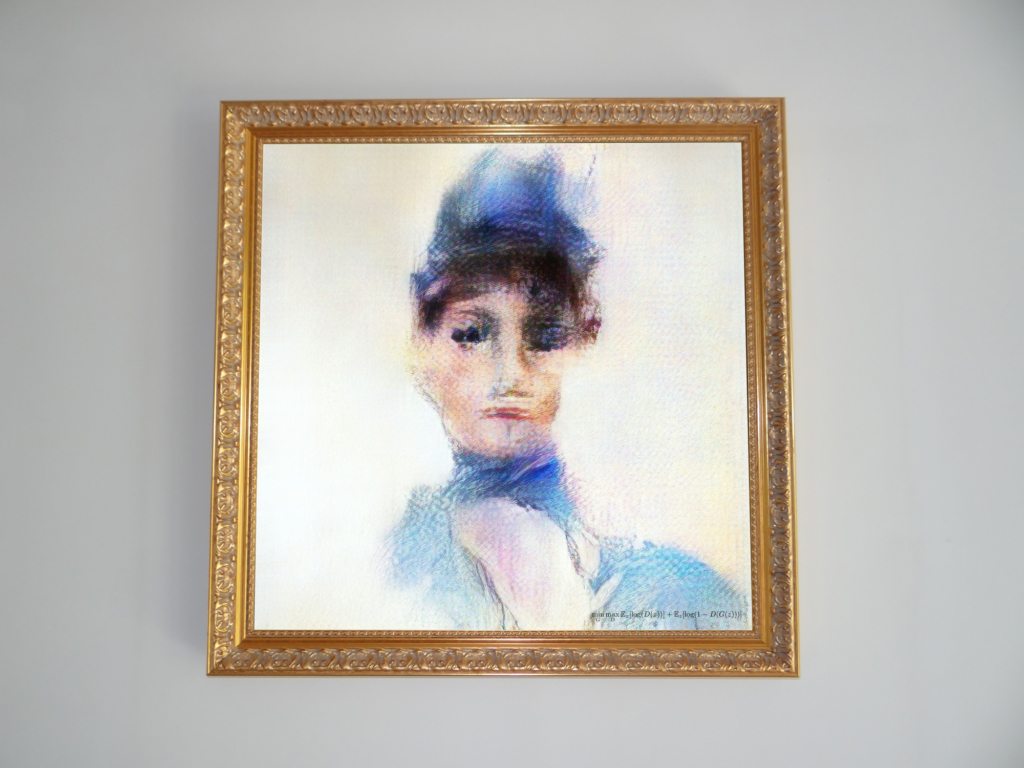Sneak Peeks
The social app BeReal promises respite from the pressure to perform, but its gimmick of forced spontaneity merely refines it in an effort to re-enchant the practice of posting to platforms. Obedience to the platform’s rules doesn’t cancel competition for clout among its users.
Taking Stock
“Creator” has emerged as an all-purpose aspirational descriptor for people who make internet content. It seems to promise a work life of artistic autonomy, but in practice it subjects workers to algorithmic control and exploits them to the point of burnout.
Found Images
Images were once too scarce to be deployed rhetorically; they seemed to be more documentary by default. Now communicating continually with images is common, which generates a nostalgia for when images could speak something other than what the photographer meant to say
An Accumulation of Nameless Energies
Phones are often treated as though they have disrupted how museums operate, causing them to radically alter themselves to accommodate the phone’s implications. But the inverse is also true: the way of seeing promoted by museums has shaped the way we have come to use phones, to capture “visual interest” and strip it of its original context.
The Presence of the Original
The underlying aim of NFTs is to empty content of whatever it contains that makes it circulate and reduce instead to a moment of property, an assertion of the self who owns it over its potential social significance. That is, NFTs make the social significance of any digital artifact the simple fact that it can be owned and valued. Cash is king.
I Write the Songs
TikTok’s recommendation algorithm is heralded as the secret of the app’s success, but why do users want to be told what to watch? Algorithms that purport to predict who we are and what we want are “gimmicks,” in Sianne Ngai’s sense of the word: They let us enjoy our ambivalence over surrendering to them.
Posing With the Flag
Getting people to adhere to difficult and inconvenient protocols for longer and longer periods of time will involve more and not less ideology. That makes it a decidedly bad time for paranoid readings, which in the end invite apathy instead of vigilance. It seems trivial to expose acts of concern as mere performances, as if they weren’t always at least that.
I Believe This Is My Festival
No one is more modern, more of “the real world” it presumes, than someone whose authenticity has been challenged; whereas those labeled authentic are consigned to stereotypes, to being objects required to signify whatever experience they are consumed to represent. Being “real” in modernity means being a tourist; Instagram is a means for allowing every life moment to be packaged as a touristic occasion.
Plausible Disavowal
If “deepfakes” make us nostalgic for the supposedly automatic authenticity of documents, AI artworks posit a corollary nostalgia for the authenticity of artists. AI creativity appears as creativity with no human strategy behind it—art without ego. A clumsy show of computer creativity makes it seem as though humans once really were freely creative and might be again
